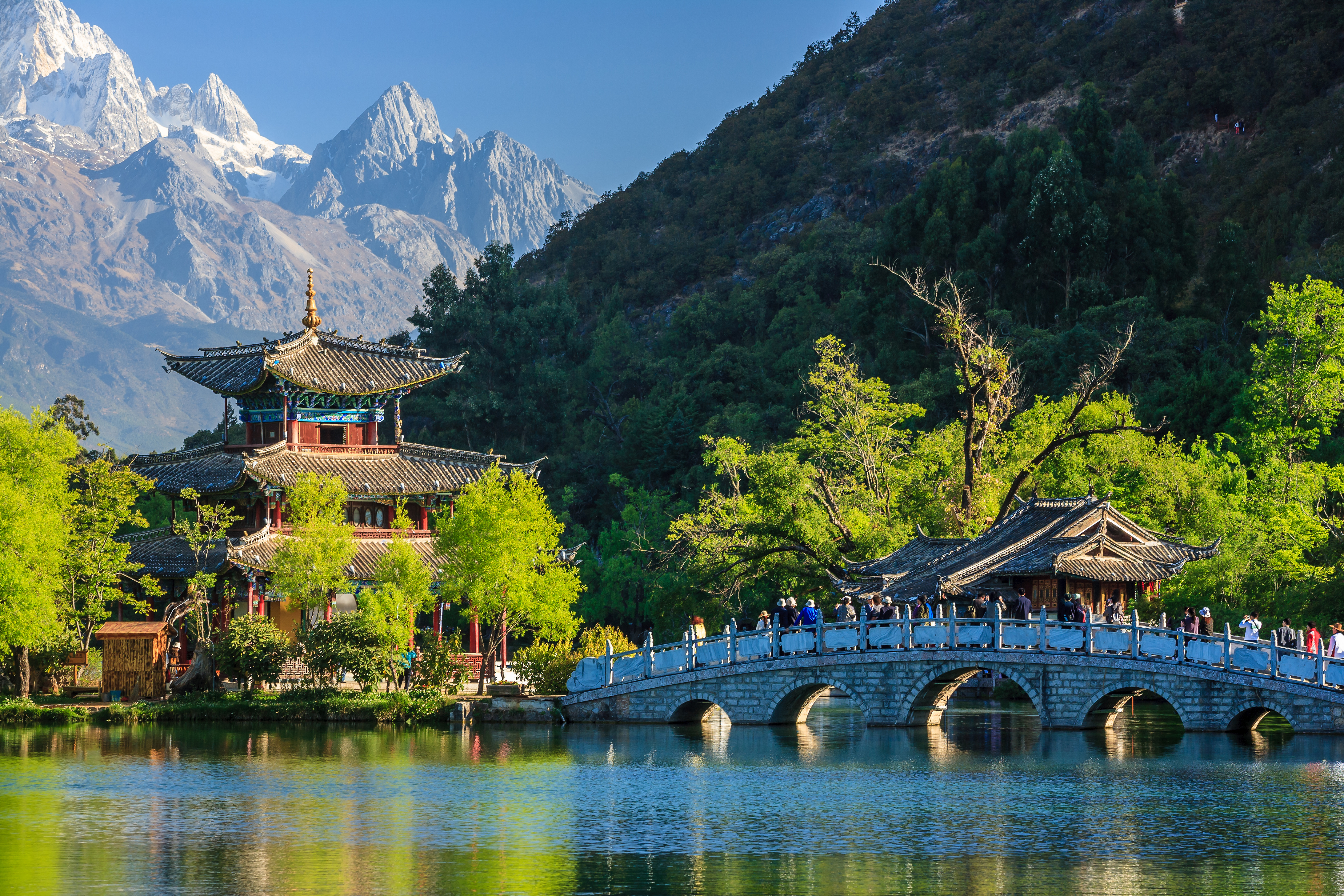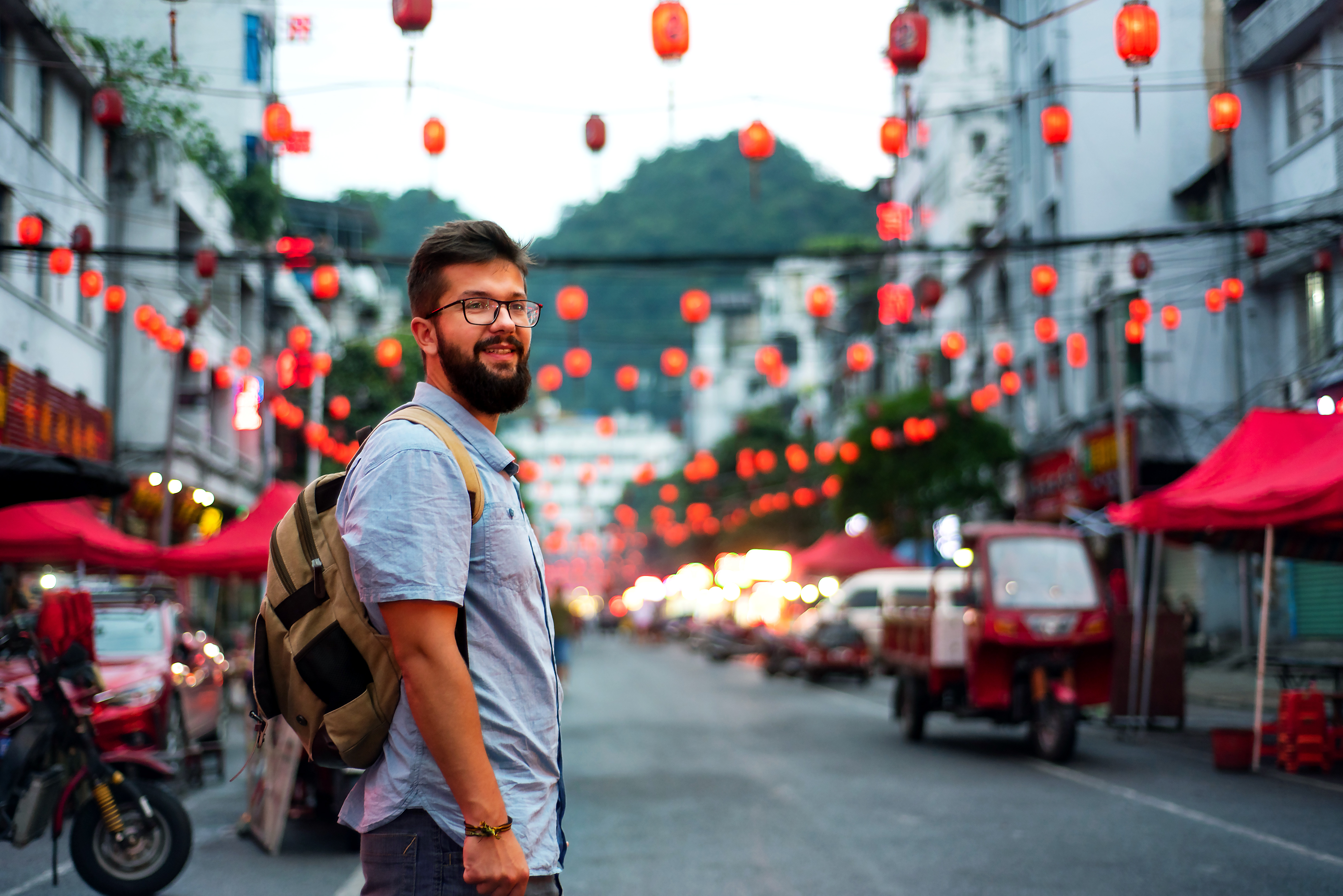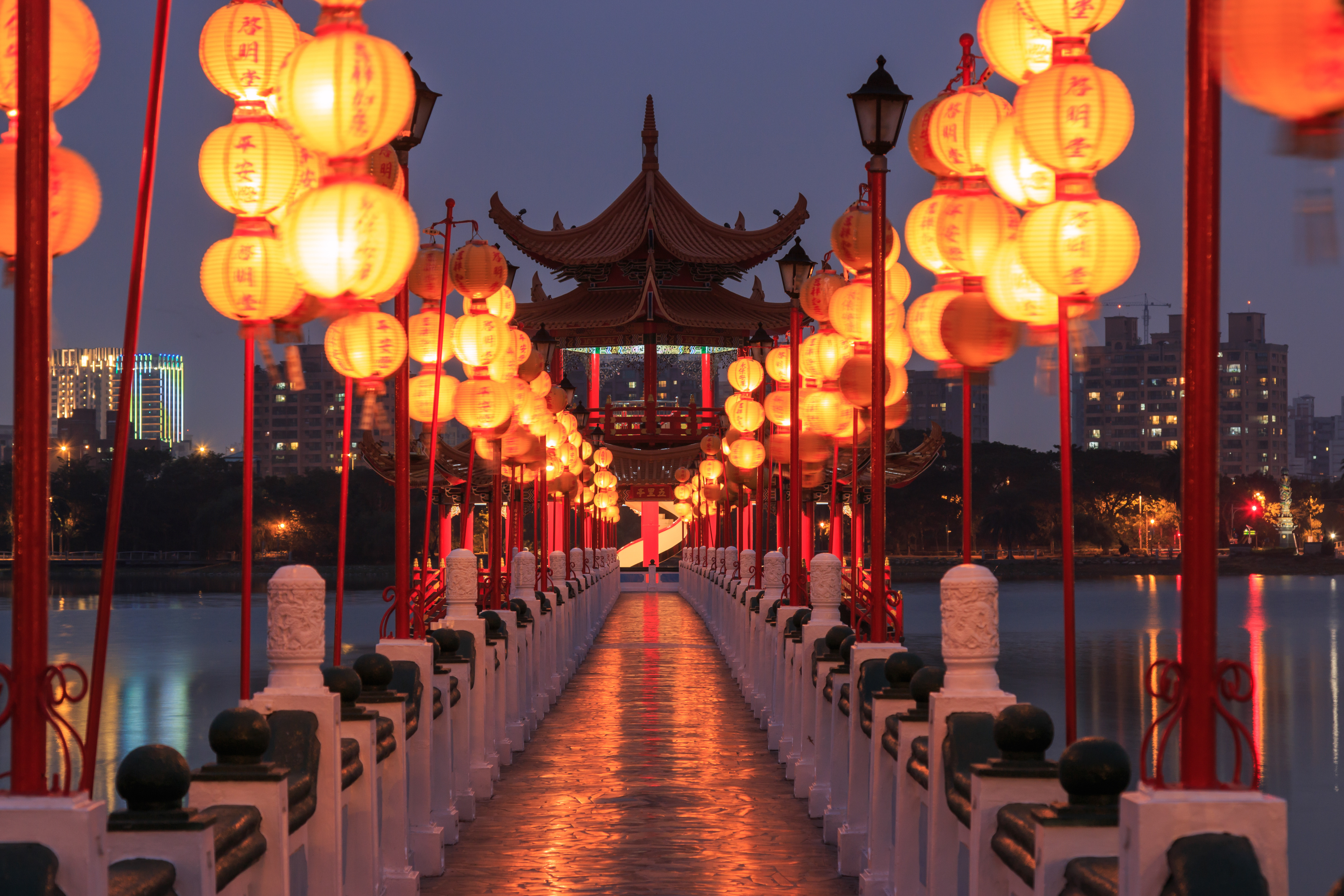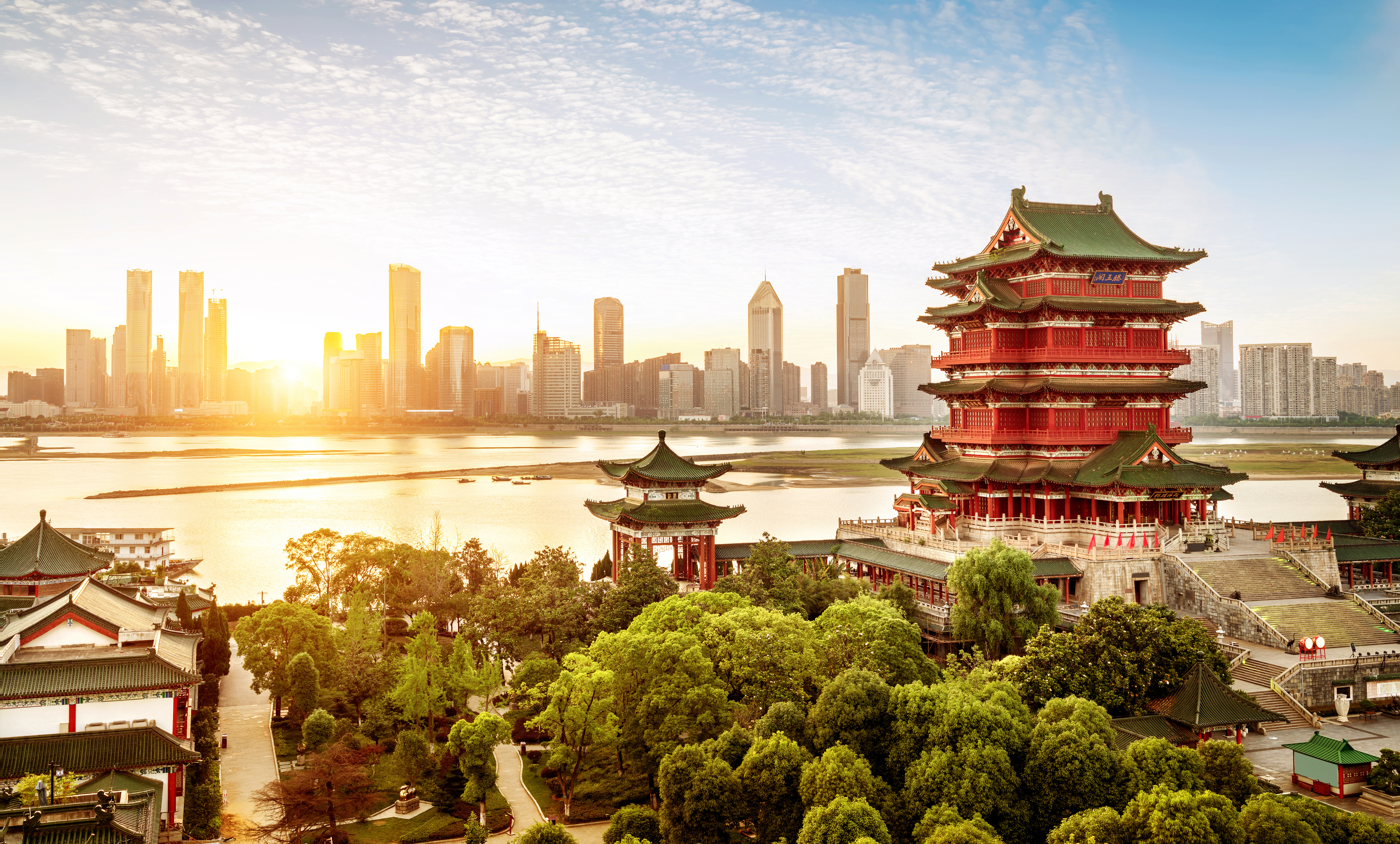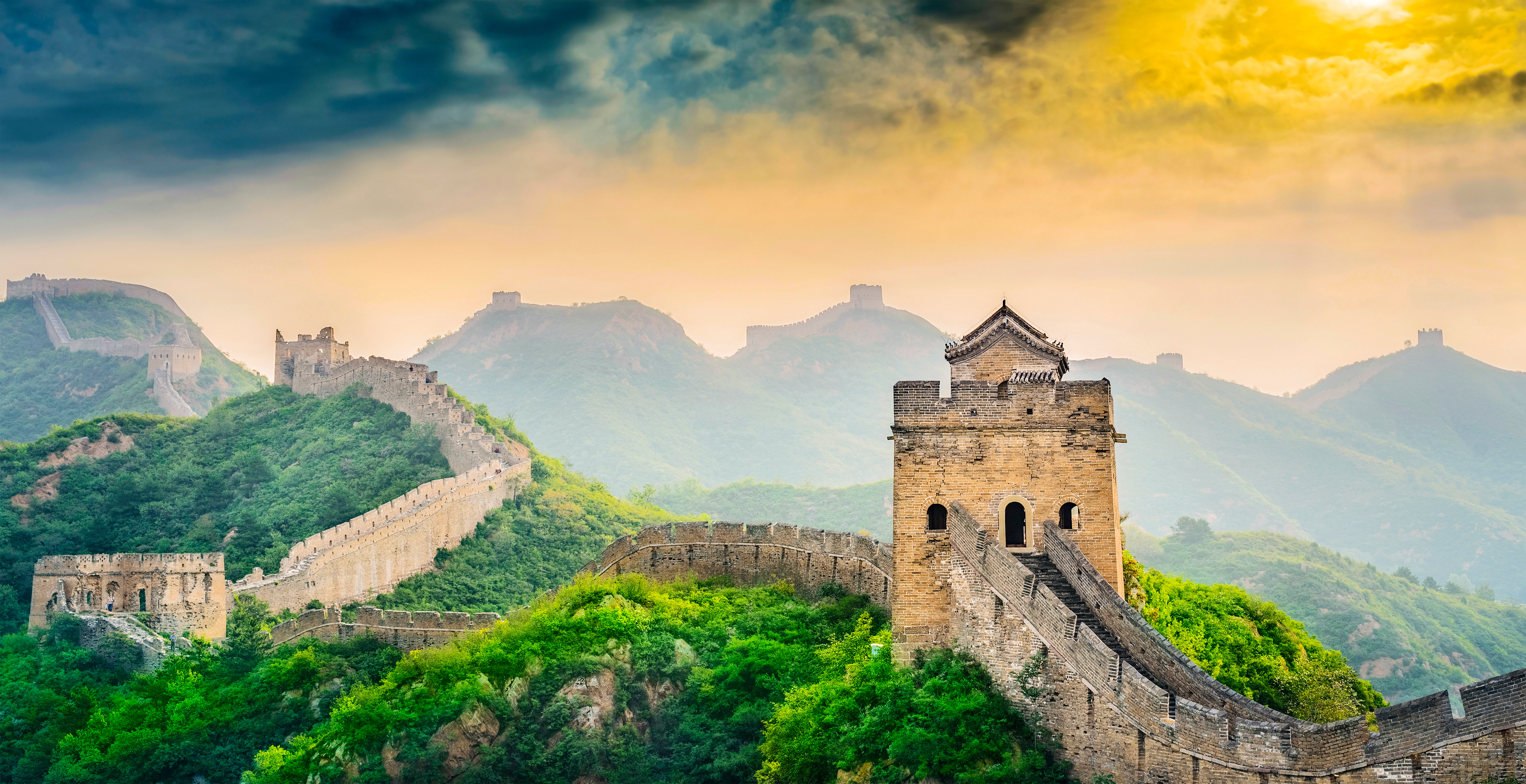
IS IT SAFE TO TRAVEL TO CHINA IN 2024?
Whether for family reasons or curiosity about sights like the Great Wall and terra-cotta warriors of Xi’an, China is high on many American travelers’ lists. But is it a safe destination?
With a few caveats, the answer is yes.
Here’s the safety picture, and what you can do to secure the Chinese vacation of your dreams.
What the Numbers Say
The safety numbers do a good job of telling China’s story.
- Numbeo, which crowdsources its rankings, says that China is one of the safest countries in the world. It’s ranked 19th, ahead of countries like Denmark and the Netherlands which American travelers have named some of the world’s safest places.
- Vision of Humanity, which publishes the Global Peace Index, ranks China 89th.
- Berkshire Hathaway Travel Protection ranks China middle-of-the-pack – 21st out of 42 countries – in its annual Safest Places ratings.
- The State Department, meanwhile, has a level 3 (“reconsider travel”) rating for Macau, and a level 2 (“exercise increased caution”) rating for mainland China and Hong Kong.
- In the BHTP research, assessments of China’s safety vary greatly by demographic group. Millennials and Gen Z travelers are more likely to think China is safe, while older travelers are less likely to share that view.
The State Department’s main concern? Arbitrary arrests and detentions. But it has much more to say about travel safety in China, which we’ll examine later.
Finally, while the travel app provider GeoSure Global rates cities, not countries, its numerical ratings of Chinese cities follow a pattern worth remembering.
In general, Chinese cities have:
- High marks for physical safety and healthcare.
- Lower marks for women’s and nighttime safety.
- Still lower marks for theft and LGBTQ+ safety.
- Very low marks for basic freedoms.
What’s China’s safety story according to the numbers? Very safe in some respects, and not so safe in others.
What the Chinese Government Says
With China, it’s important to understand the government’s position on things. In the case of tourism, the government is all for throwing open the doors.
The country is revising its difficult visa policy. It’s signaled that tourism is a priority.
“China actually has enshrined in its latest five-year policy of the government that it wants to boost inbound tourism,” Gary Bowerman, the founder of Check-in Asia, told Skift.
In addition, “China right now has a lot that it wants to sell to the world in travel and tourism. It wants to sell its high-speed rail technology, it wants to sell its new passenger jets … if you talk to people in the Chinese travel industry, there is a much greater sense of optimism that 2024 will be a stronger year.”
Our Top Travel Safety Tips for China
- Ensure that all documentation is up-to-date and valid for your trip. Keep your passport, itinerary, and travel insurance policy ready in case you need to reference.
- Travel with a group or a tour guide, especially if you’re a female traveler.
- Learn some Mandarin to help overall conversations and signs.
- Avoid cities with bad air quality and wear a mask when needed.
- Opt for public transportation and trains. Be aware of pickpockets.
- Look at weather reports for emergencies and prepare accordingly.
- Understand how Chinese customs differ from American customs – Like no tipping!
- Eat where locals eat for the freshest food, and don’t drink tap water without boiling it first.
- Be cautious of solicitors and too good to be true deals.
Health in China
Health is where China shines. GeoSure gives Chinese cities high marks for access to quality healthcare.
However, there are some caveats. Most healthcare providers don’t speak English, ambulances are often slow to arrive, and Americans are usually required to pay for healthcare services in cash and upfront.
In addition, some prescription medications can’t be brought into China, and all prescription meds should be cleared with the Chinese Embassy in America before you travel.
For those reasons, travel insurance with coverage for emergency medical expenses is recommended.
Air Quality Concerns
Air quality continues to be a challenge in many of China’s cities. China’s air is some of the dirtiest in the world, and a combination of geography and oppressive summer humidity means that pollutants stick around.
People with asthma and other respiratory conditions should consult the AirNow site, which documents air quality at multiple locations in China and worldwide.
Also, even though China is the world’s most populous country, it still has many rugged, remote places where medical care is scarce.
If you’re taking an active Chinese vacation that takes you to these places, carry travel insurance with ample coverage for emergency medical evacuations, like LuxuryCare® from Berkshire Hathaway Travel Protection.
Local Laws and Regulations
Chinese laws are hard for many tourists to understand, in part for a few reasons:
- Chinese laws are not always enforced consistently.
- In disputes between Americans and Chinese nationals, law enforcement will often take the side of the Chinese national.
- Result of disputes can be financial penalties, imprisonment, expulsion, or coercion to make a favorable deal.
- Bail is rarely granted, American authorities may not be informed of your plight in a timely manner, and you may be detained for many months before your trial.
- Expect that internet activity will be monitored, and access blocked, mainly to sites critical of the Chinese government. Consider a VPN.
Register for free with the Smart Traveler Enrollment Program (STEP). This allows the US government to contact you in case of natural disaster, civil unrest, or a family emergency.
Fortunately, avoiding these sorts of entanglements is easy. Don’t get involved in demonstrations, don’t drink too much or use illegal drugs, stick with you guide or tour group, stay off social media, and you’ll be just fine.
Transportation Safety
Driving in China is not recommended. It’s a breakneck jumble with one of the highest accident rates in the world. Pedestrians need to exercise extreme caution when crossing streets, and bicyclists should keep their distance from cars and scooters to the extent they can.
On the other hand, public transportation is largely clean, safe, and reliable. Just hang on tight to your belongings and be aware of pickpockets.
Air and train travel inside China is similarly clean and safe – the high-speed trains in particular. The Man in Seat 61 has a comprehensive guide to train travel in China for novices.
Natural Disasters and Weather
As you’d expect from a country whose terrain ranges from high desert to tropical jungle to the Himalayas, China experiences some diverse weather.
It’s particularly prone to natural disasters like earthquakes and typhoons.
There’s not much you can do about earthquakes, but for typhoons consult the Joint Typhoon Warning Center in Honolulu and the National Weather Service's Central Pacific Hurricane Center.
Scams and Tourist Traps
China has its share of scams targeting foreigners, including a scam where locals get a tourist to take them to tea and hit them with a massive bill.
Be cautious of unsolicited offers and too-good-to-be-true deals and stay away from bootlegs and knockoff items. Learning a few phrases in Mandarin can help.
For a more global approach to avoiding scams and tourist traps, seriously consider taking an organized tour. With tours, there’s safety in numbers and an experienced guide to the country and culture.
Also, for female travelers and lone travelers, be cautious of drink spiking and sexual assault in some districts. Keep eyes on what you’re consuming and don’t leave anything unattended.
Cultural Etiquette and Sensitivity
It should go without saying, but Chinese culture is not American culture. Respect China’s local customs and traditions.
For instance, tipping is not customary in China, and behaviors like pointing with your finger are considered rude.
On the other hand, Chinese people do not wait placidly in line, restaurant service can be inconsistent, and spitting is generally not considered impolite.
One final note about Chinese etiquette: Bring your own toilet paper and hand sanitizer. It’s not considered bad manners, and you’ll need it.
Food Safety
Chinese cuisine is near the top of everyone’s to-do list when they visit the country, but food safety can be a concern, especially at street vendors.
- Be cautious of bird flu, avian influenza, as it is an ongoing issue in China. Ensure that your poultry is properly cooked.
- Eat where locals eat, as high turnover generally means fresher food.
- Also, don’t drink the tap water unless you boil it first.
Passports and Visas
You need a visa to travel to China. Until recently a visa could only be granted if you produced an invitation from a Chinese citizen or a highly detailed itinerary, but starting Jan. 1, 2024, you no longer need to submit either of these for a visa.
Even though requirements have been eased, you still need that visa before you’re allowed into the country.
Also, as Y Travel notes, get used to carrying your passport with you at all times when you’re in China. You’ll need it to make travel bookings and perform other travel activities.
Travel Insurance for China
Travel insurance from Berkshire Hathaway Travel Protection can give you peace of mind during your China trip. Our policies cover trip cancellations, unexpected medical emergencies, and much more, helping protect you throughout your journey.
Overall, China can be a safe and fascinating destination … with the right preparation. By respecting local laws and customs, staying informed about health and safety, and carrying the right travel insurance, China can be the destination of your dreams.
Questions About Travel Insurance?
Check out our online guide, "What Is Travel Insurance All About?" We've provided in-depth answers to all your travel insurance questions, starting with the basics.
